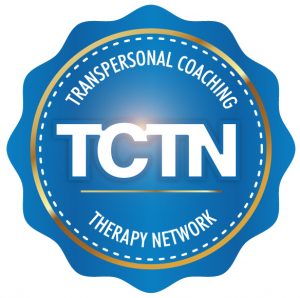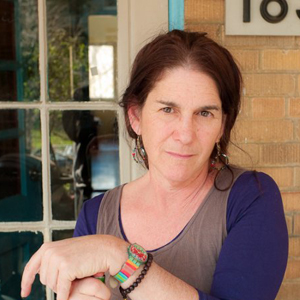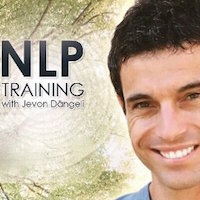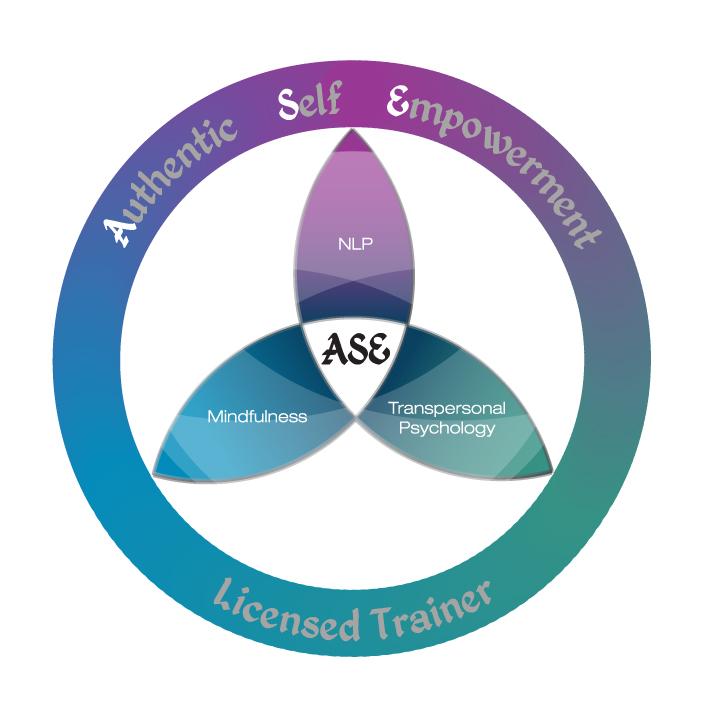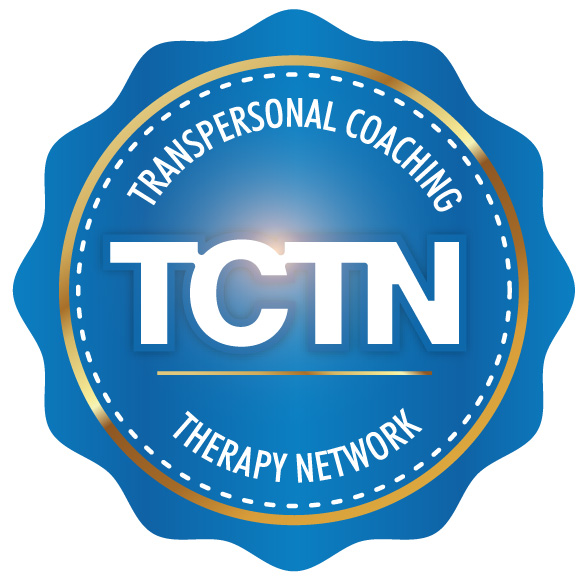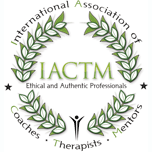Transpersonal Coaching & Therapy Network Forum
Use of this forum is exclusively for TCTN members.
.
For information about TCTN membership (free) visit the TCTN page.
.
Register or login below to add a new forum topic or respond to an existing topic.
Notifications
Clear all
Topic starter
07/02/2023 2:39 pm
Hi all,
I would like to share with you about trauma and family therapy and also would like to know yours opinions.
Unlike physical trauma, psychological trauma comes with a series of consequences that cannot be perceived with the naked eye. The secondary effects of the trauma are actually the ones that are the subject of the therapy with this problem. Trauma is something that happens and cannot be controlled. How you choose to operate on it is actually really important.
Psychological trauma is a type of damage to the psyche that occurs as a result of an attack. It was defined as an event of a very high intensity, which occurs in the individual's life and exceeds his possibilities of adaptation. Generally, this unpleasant event generates an excessive sensitization of the individual to subsequent emotions and a series of extremely harmful effects.
Guilt is a feeling that often follows the traumatic event in which there is victimization. In addition to death itself, everything related to expectations, trust, security, resources can be lost. Guilt is associated with realizing the perception of doing wrong. A person may feel guilty without realizing it. Conscious or unconscious guilt can be an important factor in behaviour, emotions and relationships, and this is just one example of an effect with consequences at the level, not only individually, but also collectively.
Childhood trauma receives special attention in psychology because, if not treated properly or early, it will have long-term effects in adult life. It is an all the more intense and complex problem because children do not have the same defence mechanisms as adults, nor the same possibilities of manifestation. Family therapy in working with trauma initially focuses on what we know as the resilience process. It is necessary for the family to follow a series of steps in becoming aware of, accepting and then managing the effects due to the trauma.
It is necessary to recognize the reality of traumatic events, by clarifying the facts, the circumstances. Then to share the experience of loss and survival, using rituals, the expression of feelings and the construction of meanings. The next stage of the process is to reorganize the family, through redistribution of roles, reconstruction and change. Thus, when the family is ready, it will be able to reinvest in relationships and life trajectories, rebuild new future plans, hopes, dreams and meanings.
From the point of view of communication and problem solving, it is important to operate with clear, consistent information, to have emotional expression and empathetic response, proactive planning, and as a therapeutic attitude, curiosity. The processes or techniques in working with trauma require patience and creativity.
Trauma is an extremely complex issue, precisely because its effects can extend to so many people. The risks are real. Sometimes it is not just the family that is affected, the therapist too can feel overwhelmed. But the answer is always the same: there is life after trauma.
Hi all,
I would like to share with you about trauma and family therapy and also would like to know yours opinions.
Unlike physical trauma, psychological trauma comes with a series of consequences that cannot be perceived with the naked eye. The secondary effects of the trauma are actually the ones that are the subject of the therapy with this problem. Trauma is something that happens and cannot be controlled. How you choose to operate on it is actually really important.
Psychological trauma is a type of damage to the psyche that occurs as a result of an attack. It was defined as an event of a very high intensity, which occurs in the individual's life and exceeds his possibilities of adaptation. Generally, this unpleasant event generates an excessive sensitization of the individual to subsequent emotions and a series of extremely harmful effects.
Guilt is a feeling that often follows the traumatic event in which there is victimization. In addition to death itself, everything related to expectations, trust, security, resources can be lost. Guilt is associated with realizing the perception of doing wrong. A person may feel guilty without realizing it. Conscious or unconscious guilt can be an important factor in behaviour, emotions and relationships, and this is just one example of an effect with consequences at the level, not only individually, but also collectively.
Childhood trauma receives special attention in psychology because, if not treated properly or early, it will have long-term effects in adult life. It is an all the more intense and complex problem because children do not have the same defence mechanisms as adults, nor the same possibilities of manifestation. Family therapy in working with trauma initially focuses on what we know as the resilience process. It is necessary for the family to follow a series of steps in becoming aware of, accepting and then managing the effects due to the trauma.
It is necessary to recognize the reality of traumatic events, by clarifying the facts, the circumstances. Then to share the experience of loss and survival, using rituals, the expression of feelings and the construction of meanings. The next stage of the process is to reorganize the family, through redistribution of roles, reconstruction and change. Thus, when the family is ready, it will be able to reinvest in relationships and life trajectories, rebuild new future plans, hopes, dreams and meanings.
From the point of view of communication and problem solving, it is important to operate with clear, consistent information, to have emotional expression and empathetic response, proactive planning, and as a therapeutic attitude, curiosity. The processes or techniques in working with trauma require patience and creativity.
Trauma is an extremely complex issue, precisely because its effects can extend to so many people. The risks are real. Sometimes it is not just the family that is affected, the therapist too can feel overwhelmed. But the answer is always the same: there is life after trauma.
THIS FORUM IS FOR:
- Exploring the value of transpersonal perspectives in coaching or therapy.
- Investigating the usefulness of transpersonal interventions in coaching or therapy.
- Engaging in conversations to inspire and motivate a transpersonal vision among coaches and therapists.
- Introducing and discussing transpersonal models and processes that can be applied in coaching or therapy.
- Sharing ideas, knowledge, experiences and resources that are useful to transpersonal coaches or therapists.
FORUM RULES:
- Only TCTN members are permitted to post in the TCTN forum. Membership is free
- Posts that are offensive, biased, unethical, unfair or generally negative will not be accepted.
- Any misconduct on the part of a member will result in that member being removed from TCTN and all their member benefits withdrawn.
- It is acceptable to link to published papers, articles and resources that are directly related to the topic of the forum post, however, promoting of services will not be allowed unless the service is relevant and has been granted the IACTM Stamp of Approval.

